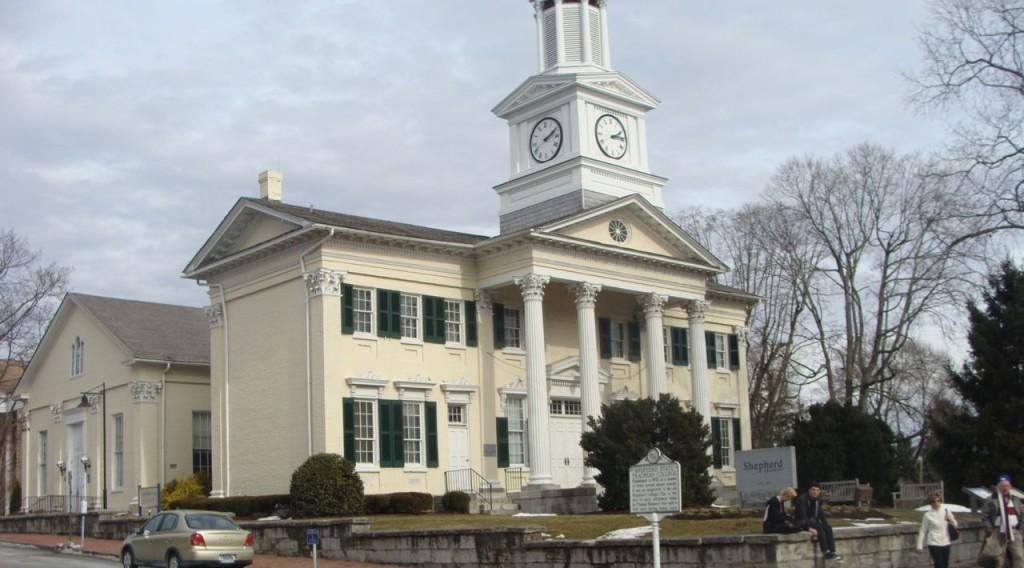Student Government Association (SGA) elections are just around the corner, and Shepherd students interested in running or voting for SGA positions should begin preparing now.
Alana Gondeck, SGA president, said that at this time no dates for elections have been set. While none of the plans have been finalized, Graham Scott, SGA parliamentarian, stated, “We are looking at the last week of February or the first week of March to open nominations and the first week of April for voting.”
According to the SGA constitution, president and vice president elections must be held by the second week after spring break. The last day of spring break this year is Sunday, March 16, which would put the elections on a tight deadline, though they are considering amending the constitution so that elections aren’t based off of spring break.
An SGA-appointed election committee will run the elections and is required to “publicize, regulate, and hold all campus-wide elections,” according to the SGA constitution.
Right now, the SGA plans to have everything ready for elections by the end of February, according to John Isner, SGA vice president. Unfortunately, for students who want to run for elected positions, this means that the paperwork that must be filed to run will not be available until the end of the month. The duties of each elected officer will be available—on the currently unavailable paperwork.
The method of voting may be changing. Student participation in voting during elections has not been high in past years. In an April 2013 Picket article by Kathleen Arnold, Isner said he planned to “begin the process of changing the voting system because of the significant lack of voting in the last election.”
It is possible that this new voting method may occur. “Additionally, we are planning on having the elections conducted online this year either through Sakai or an independent software program,” Scott stated.
Isner confirmed Scott’s statement and discussed why it is vital for students to vote: “I hear a lot of students say that SGA doesn’t really matter, but that is incorrect. If students elect good officials or representatives, then they can be adequately represented.” Isner also encourages students to voice their opinions and concerns to their representatives.
Christopher Rogus, a senior secondary education math major, said, “I honestly couldn’t tell you who won the last couple of years or if they did anything helpful for the school.”
Freshman nursing major Katelyn Turner believes the SGA does very important work for the university students and is excited to see some new faces in the coming year. “Maybe there could be more information given out on it,” she stated.
Several students were interviewed about their thoughts regarding the next SGA election. The most popular question was “What is the SGA?” as stated by Jaclyn Kees, a freshman nursing major, and others.
Every student on campus is impacted by the leadership that they choose, whether it is through participation in clubs and organizations or enjoying the student engagement events. Students should certainly consider each candidate carefully as they vote.
In addition to providing leadership for the student body and overseeing campus life, the SGA also sets the budget for student and co-curricular activities such as the program board, homecoming, The Picket, and theater. In fiscal year 2013, between student activities and co-curricular activities, the SGA allocated a budget of $554,630. The granted budget before budget cuts for fiscal year 2014 totaled $583,500.
To run, students are required to sign a grade release form and the election agreement form. Additional requirements must be met: a 2.5 GPA is required for the SGA executive board in addition to being a full-time student, a 2.5 GPA is required to run for the SLC, a 2.2 GPA is required for class officers in addition to being a full-time student.
For students who win elected positions, they should note that as a part of the new executive board, they must be installed and fully functional for a minimum of two meetings before the end of the academic year. The executive positions are paid as student employees ($7.25 an hour; 8 hours a week at max). Isner said that they do complete more than eight hours of work per week. Therefore, students who want to represent their peers through SGA should recognize that it is a commitment they must make time for.
If there are no candidates for the offices of president and vice president, according to the SGA constitution, the senate will nominate at least two qualified candidates for each office.
The best way to inquire about the SGA is by emailing the organization itself at sgaweb@shepherd.edu.

